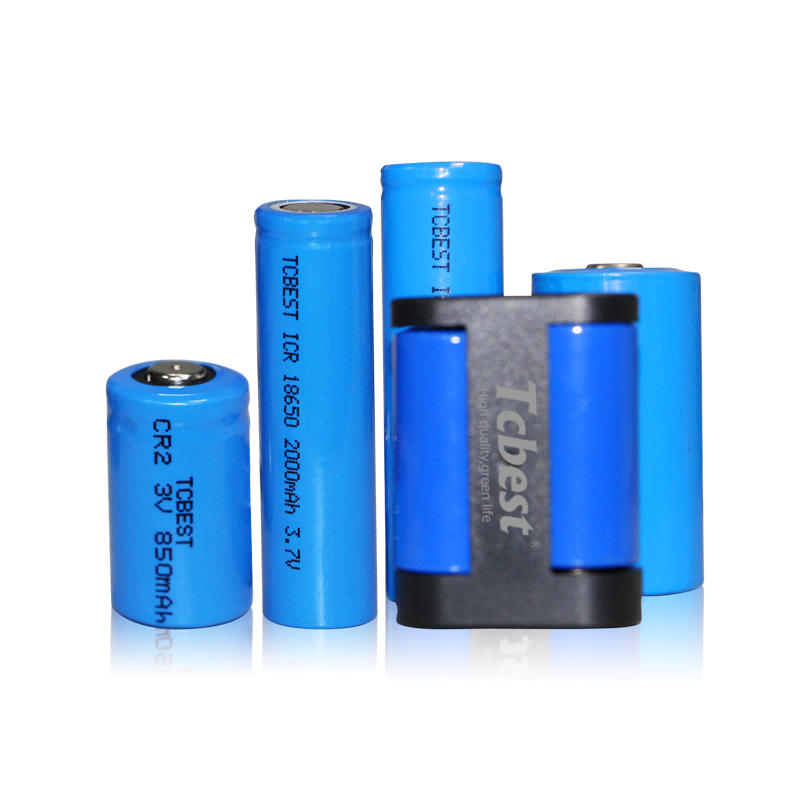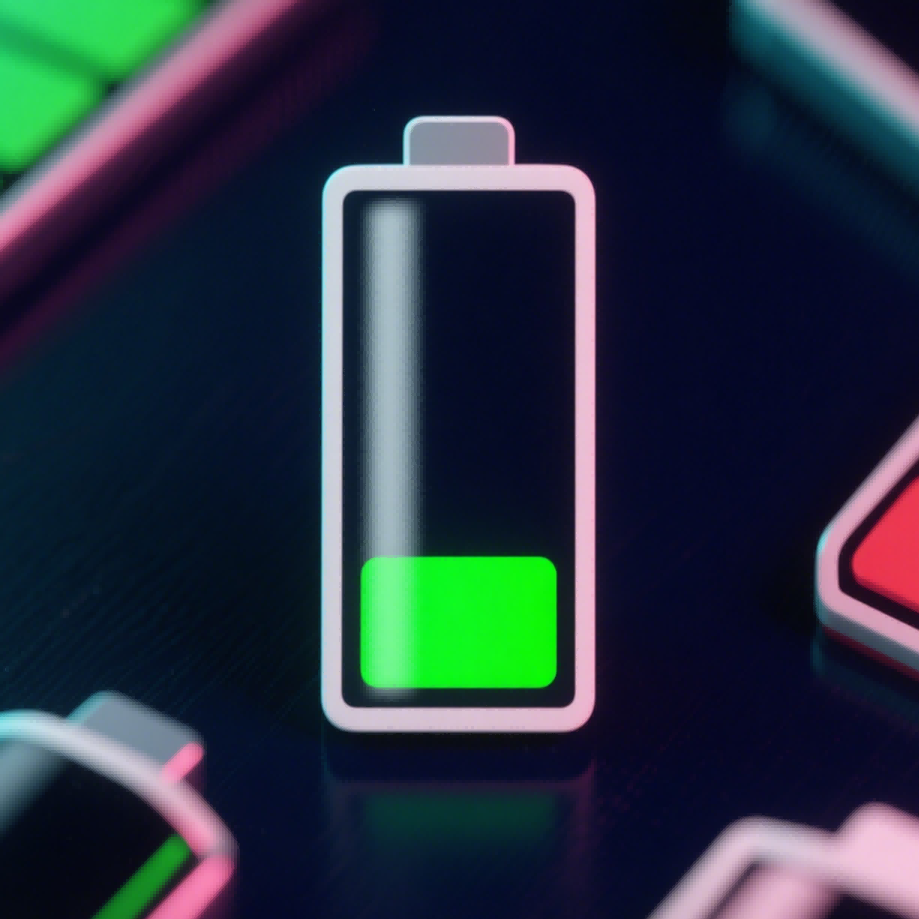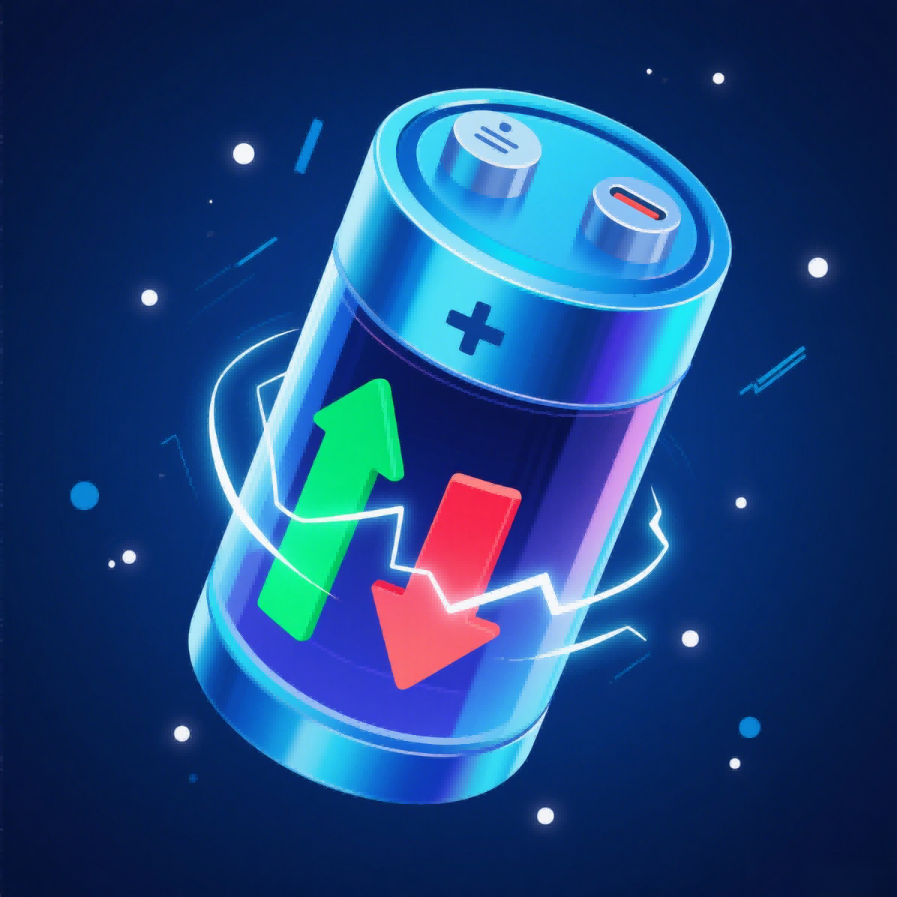Lithium batteries have become the backbone of modern energy storage thanks to their high energy density, long cycle life, and reliability. But how long do lithium batteries really last? What influences their lifespan, and how can you make them last longer? This guide explains everything you need to know about lithium battery cycle life and life expectancy.
 What Is Lithium Battery Cycle Life?
What Is Lithium Battery Cycle Life?
Lithium battery cycle life refers to the total number of complete charge and discharge cycles a battery can perform before its capacity falls to around 80% of its original value. This number shows how many times a battery can be used before noticeable performance decline.
· Standard lithium-ion batteries: 300–1000 cycles
· Lithium iron phosphate (LiFePO4) batteries: 3000–7000 cycles
· Advanced chemistries: up to 10,000+ cycles under ideal conditions
The actual number varies depending on battery chemistry, charging habits, and operating temperature.
How Is Lithium Battery Cycle Life Calculated?
Manufacturers determine cycle life by repeatedly charging and discharging batteries in controlled environments until the capacity drops to 80% of the initial value.
The Key Factor: Depth of Discharge (DoD)
· High DoD (deep discharges): Shortens cycle life
· Low DoD (shallow discharges): Extends cycle life
For example, a lithium battery rated for 5000 cycles at 80% DoD may last much longer if discharged only 50% each time.
Formula (rough estimate):
Equivalent full cycles ÷ DoD percentage

Lithium Battery Life Expectancy
The lifespan of lithium batteries is measured in both years and cycles, depending on usage and chemistry:
· Lithium-ion (NMC, NCA): 2–10 years, 300–1000 cycles
· LiFePO4 (Lithium Iron Phosphate): 5–15 years, 3000–7000 cycles
· Lithium Polymer (LiPo): 2–5 years, 300–500 cycles
With proper care, lithium batteries can last up to 15 years.
What Affects Lithium Battery Lifespan?
Several factors determine how long lithium batteries last:
1. Depth of Discharge (DoD)
Shallower discharges (20–50%) = longer lifespan.
2. Charging Conditions
Overcharging or using incorrect chargers damages electrodes.
3. Temperature
· High heat accelerates chemical degradation
· Cold temperatures reduce short-term performance
4. Charge/Discharge Rates
Frequent fast charging generates heat and speeds up aging.
5. Battery Management System (BMS)
Smart BMS prevents overcharge, over-discharge, and overheating.
6. Physical Stress
Vibrations, shocks, or compression can damage internal components.

How to Extend Lithium Battery Life
· To maximize lithium battery lifespan, follow these best practices:
· Avoid full discharges; recharge at 20–30% capacity.
· Use chargers designed for your battery chemistry.
· Store in a cool, dry environment (20–25 °C is ideal).
· Avoid charging or operating above 40 °C.
· Choose batteries with a smart BMS.
· Limit fast charging unless necessary.
· Follow shallow charge/discharge cycles (charge 80–90%, discharge no lower than 20%).
Are Lithium Batteries More Durable Than Regular Batteries?
Yes. Compared to traditional batteries, lithium batteries last significantly longer:
· Lead-acid: 3–5 years (200–300 cycles)
· NiMH: 2–5 years (500–1000 cycles)
· Alkaline (non-rechargeable): 5–10 years (unused storage)
· Lithium batteries: 2–3x longer lifespan, especially LiFePO4

Which Lithium Battery Lasts the Longest?
Winner: LiFePO4 (Lithium Iron Phosphate)
· 3000–7000 cycles
· 10–15 years lifespan with proper care
Other advanced chemistries (e.g., solid-state batteries) may offer longer life in the future, but LiFePO4 is currently the most proven long-lasting option.
Which Batteries Have the Shortest Lifespan?
· Lithium Polymer (LiPo): 2–5 years, 300–500 cycles
· Lead-acid batteries: 3–5 years, 200–300 cycles
These batteries are better suited for short-term or replaceable applications.
Lithium Battery Lifespan FAQs
Do lithium batteries expire if not used?
Yes. They slowly self-discharge and age even without use.
Do lithium-ion batteries have memory effect?
No. Unlike NiCd batteries, lithium-ion does not suffer from memory effect.
Can lithium batteries last 6 months unused?
Yes, but store them at 40–60% charge to minimize degradation.
How does temperature affect lifespan?
· High heat (45 °C): Accelerates aging
· Room temperature (20–25 °C): Optimal for storage and use
· Cold: Reduces performance temporarily but not lifespan directly
Final Thoughts
Lithium batteries have revolutionized energy storage with long cycle life, efficiency, and reliability. By understanding cycle life, factors influencing degradation, and applying proper maintenance, users can extend battery lifespan—up to 10–15 years for LiFePO4 batteries.
Overall, lithium batteries are a superior choice compared to traditional batteries, offering durability, efficiency, and long-term performance for modern applications such as EVs, solar energy storage, and consumer electronics.
Description
Lithium batteries offer high energy density, long cycle life, and reliability. Their lifespan depends on chemistry, depth of discharge, temperature, and charging habits. With proper care, they can last up to 10–15 years, especially LiFePO4, making them far more durable than traditional batteries.
